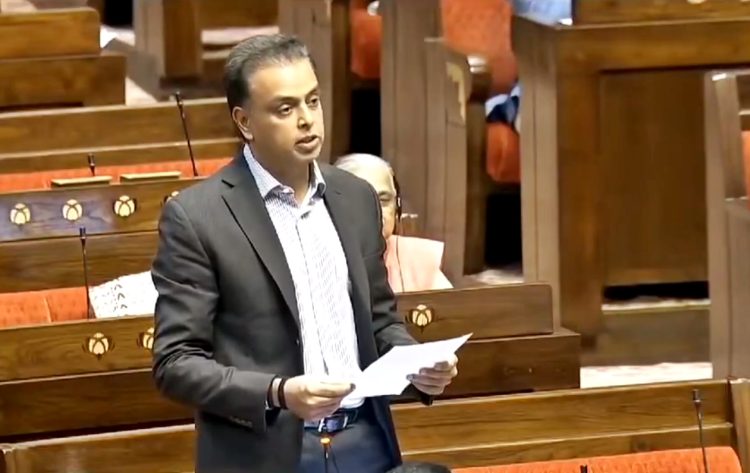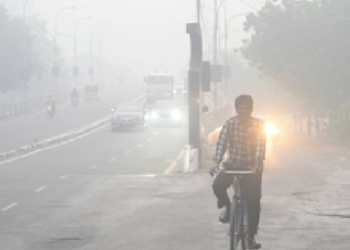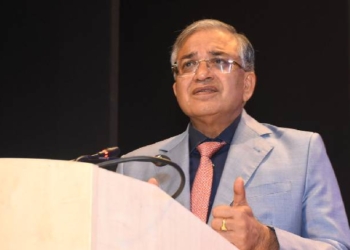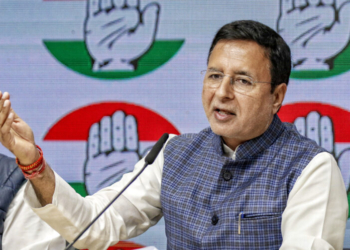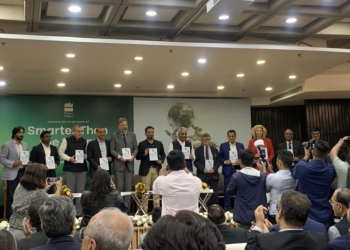New Delhi: Milind Deora, Rajya Sabha MP and the Chairman of the Parliamentary Committee on Subordinate Legislation presented the 254th report on air quality management in the National Capital Region (NCR) in the House on Tuesday.
Deora-led Committee has made several recommendations in the 60-page report, asserting that the law enforcement regarding agriculture residues burning and also incentivising the farmers with adequate compensation will yield tangible results in addressing the air pollution, that chokes the national capital every year.
The Shiv Sena MP also took to social media and posted on X, “Stubble burning rules & their enforcement are key to preventing Delhi’s annual crisis.”
Later, he told the media persons that the committee, comprising MPs from all political parties, examined the stubble-burning laws, held a series of discussions with various stakeholders and came up with constructive suggestions, which he hoped would be adopted by the government.
“Those farmers following the stubble burning guidelines should be incentivised and those disregarding it be penalised,” he said, adding that Delhi and its citizens must be freed from hazardous air quality that it has been grappling with for years.
The Committee chairman also suggested some form of minimum support price to farmers to encourage and motivate them to look for alternate means of disposing of the agricultural resides rather than stubble burning.
Notably, the Commission for Air Quality Management in the National Capital Region and Adjoining Areas Bill, 2021 was introduced in Lok Sabha on July 30, 2021. This Bill provided for the constitution of a Commission for better coordination, research, identification, and resolution of problems related to air quality in Delhi-NCR.
The Commission imposes environmental compensation on farmers, liable for burning stubble at the prescribed rates in the form of challan.
Deora-led committee held several meetings with concerned departments and ministries to examine the rules on stubble burning while also deliberating on making them more effective and feasible on the ground.
(IANS)




